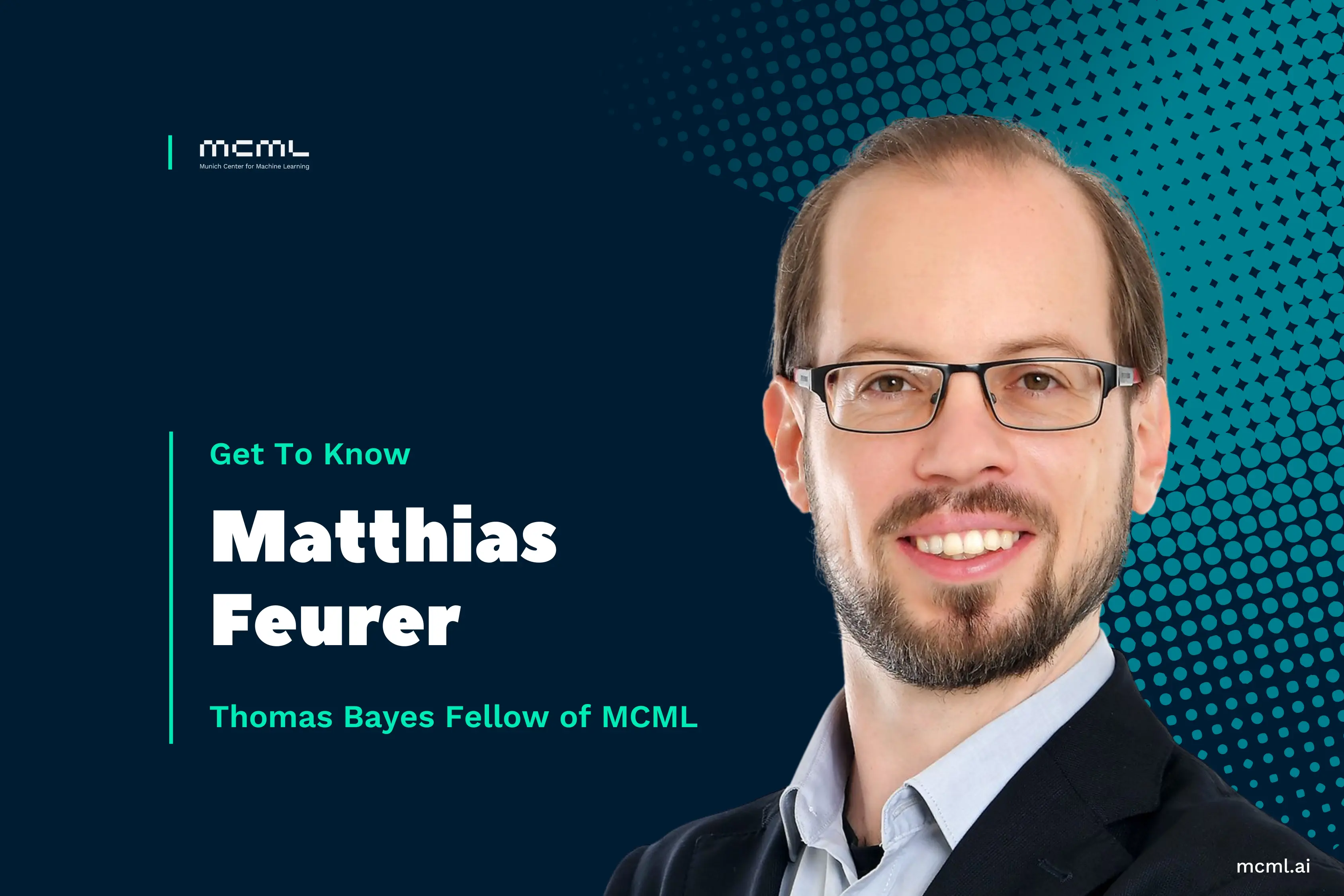15.05.2022
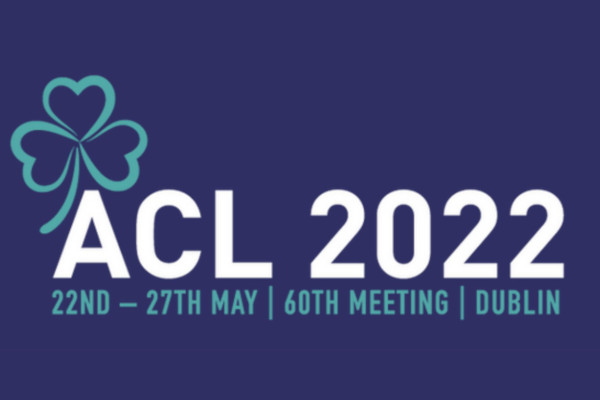
MCML at ACL 2022: Two Accepted Papers (1 Main, and 1 Workshop)
60th Annual Meeting of the Association for Computational Linguistics (ACL 2022). Dublin, Ireland, 22.05.2022–27.05.2022
We are happy to announce that MCML researchers have contributed a total of 2 papers to ACL 2022: 1 Main, and 1 Workshop papers. Congrats to our researchers!
Main Track (1 paper)
CaMEL: Case Marker Extraction without Labels.
ACL 2022 - 60th Annual Meeting of the Association for Computational Linguistics. Dublin, Ireland, May 22-27, 2022. DOI
Abstract
We introduce CaMEL (Case Marker Extraction without Labels), a novel and challenging task in computational morphology that is especially relevant for low-resource languages. We propose a first model for CaMEL that uses a massively multilingual corpus to extract case markers in 83 languages based only on a noun phrase chunker and an alignment system. To evaluate CaMEL, we automatically construct a silver standard from UniMorph. The case markers extracted by our model can be used to detect and visualise similarities and differences between the case systems of different languages as well as to annotate fine-grained deep cases in languages in which they are not overtly marked.
MCML Authors

Leonie Weissweiler
* Former Member

Valentin Hofmann
Dr.
* Former Member

Masoud Jalili Sabet
Dr.
* Former Member
Workshops (1 paper)
TempCaps: A Capsule Network-based Embedding Model for Temporal Knowledge Graph Completion.
SPNLP @ACL 2022 - 6th ACL Workshop on Structured Prediction for NLP at the 60th Annual Meeting of the Association for Computational Linguistics. Dublin, Ireland, May 22-27, 2022. DOI
Abstract
Temporal knowledge graphs store the dynamics of entities and relations during a time period. However, typical temporal knowledge graphs often suffer from incomplete dynamics with missing facts in real-world scenarios. Hence, modeling temporal knowledge graphs to complete the missing facts is important. In this paper, we tackle the temporal knowledge graph completion task by proposing TempCaps, which is a Capsule network-based embedding model for Temporal knowledge graph completion. TempCaps models temporal knowledge graphs by introducing a novel dynamic routing aggregator inspired by Capsule Networks. Specifically, TempCaps builds entity embeddings by dynamically routing retrieved temporal relation and neighbor information. Experimental results demonstrate that TempCaps reaches state-of-the-art performance for temporal knowledge graph completion. Additional analysis also shows that TempCaps is efficient.
MCML Authors
#research #top-tier-work #schuetze #tresp
Related
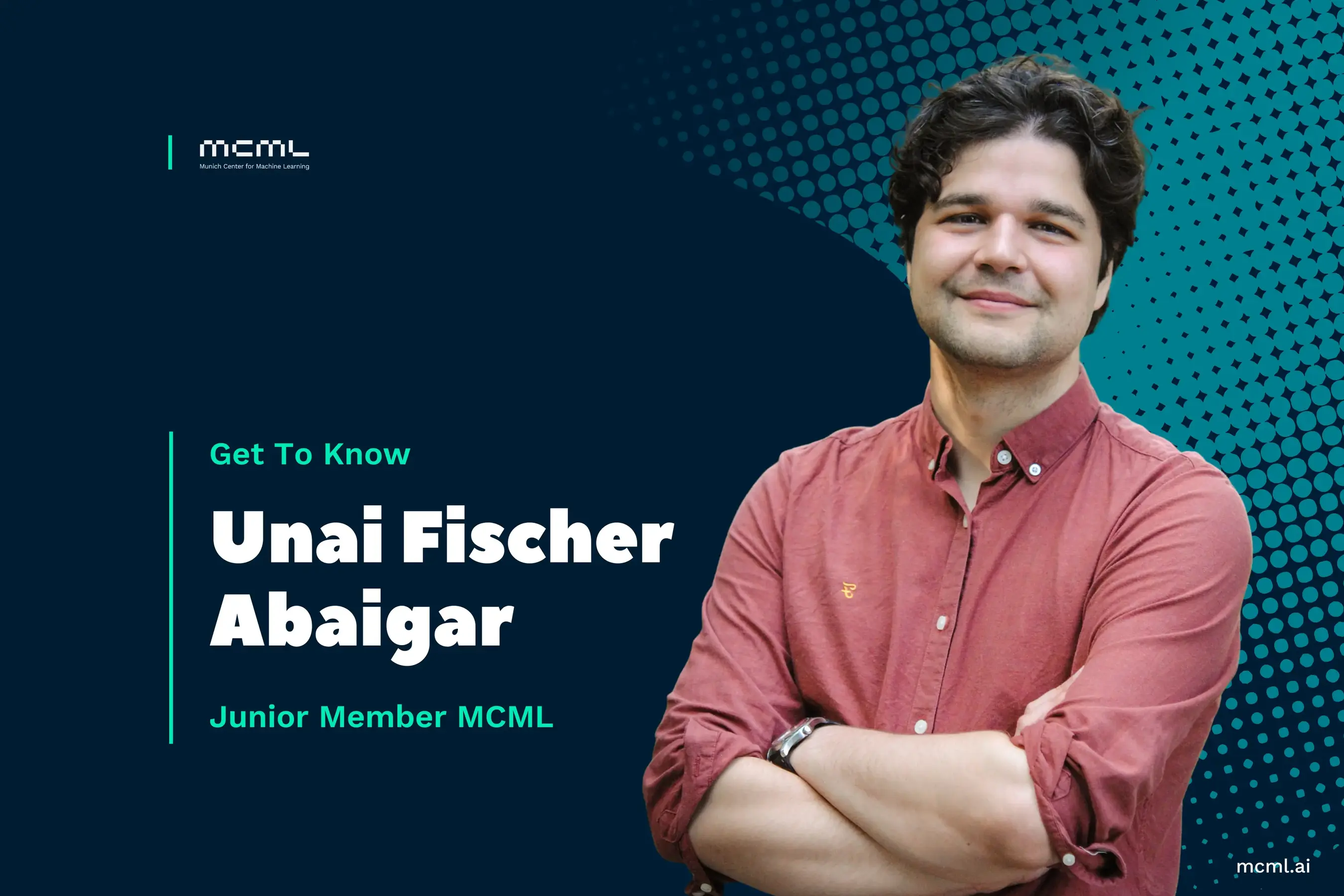
09.10.2025
Rethinking AI in Public Institutions - Balancing Prediction and Capacity
Unai Fischer Abaigar explores how AI can make public decisions fairer, smarter, and more effective.
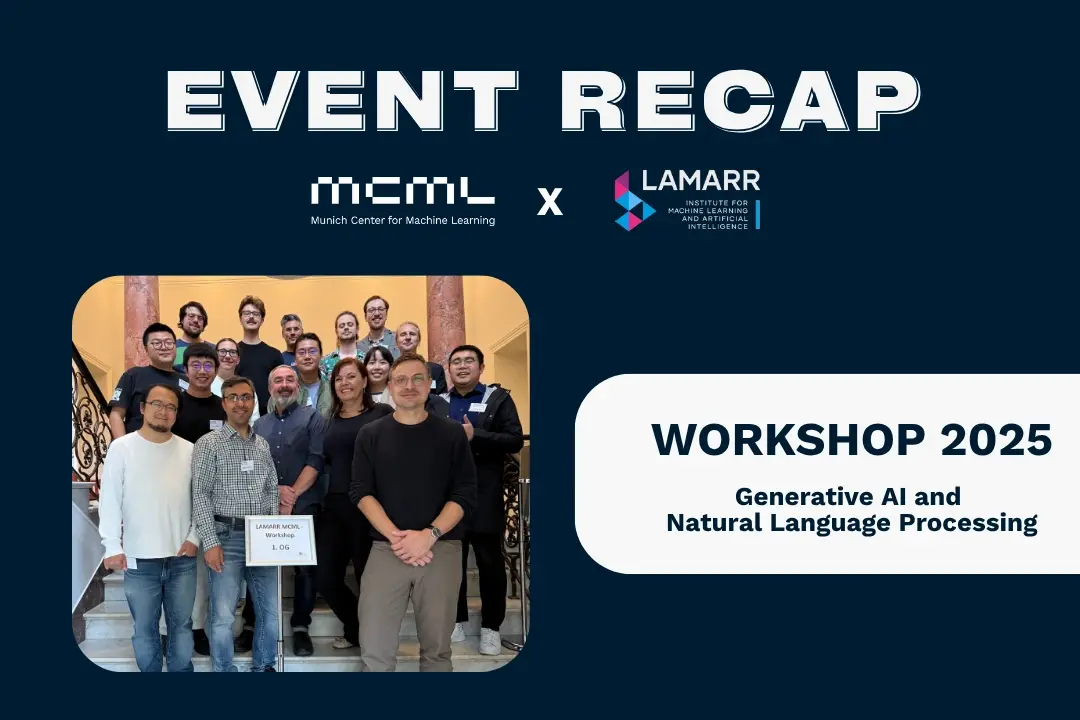
08.10.2025
MCML-LAMARR Workshop at University of Bonn
MCML and Lamarr researchers met in Bonn to exchange ideas on NLP, LLM finetuning, and AI ethics.
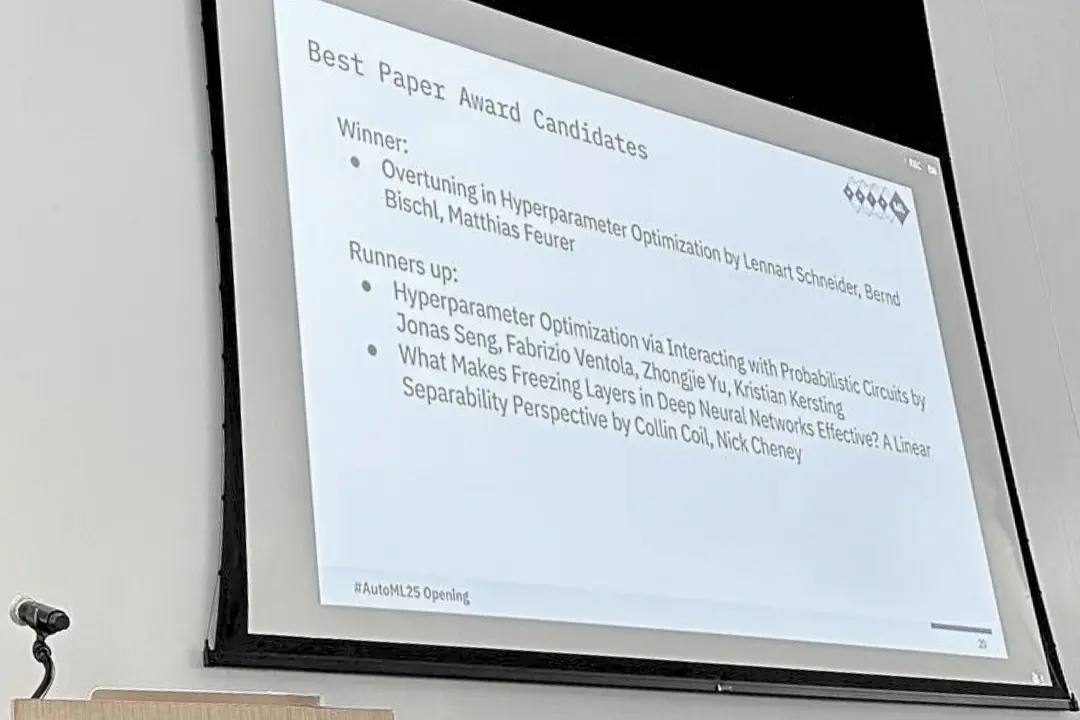
08.10.2025
Three MCML Members Win Best Paper Award at AutoML 2025
MCML PI Matthias Feurer and Director Bernd Bischl’s paper on overtuning won Best Paper at AutoML 2025, offering insights for robust HPO.
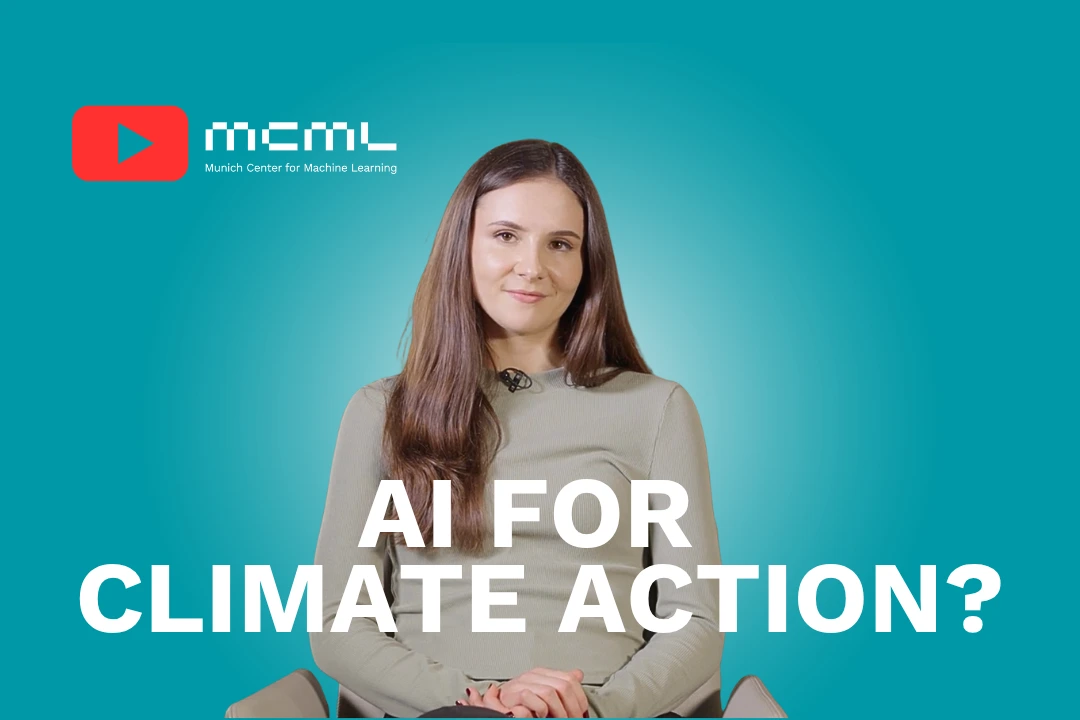
29.09.2025
Machine Learning for Climate Action - With Researcher Kerstin Forster
Kerstin Forster researches how AI can cut emissions, boost renewable energy, and drive corporate sustainability.






